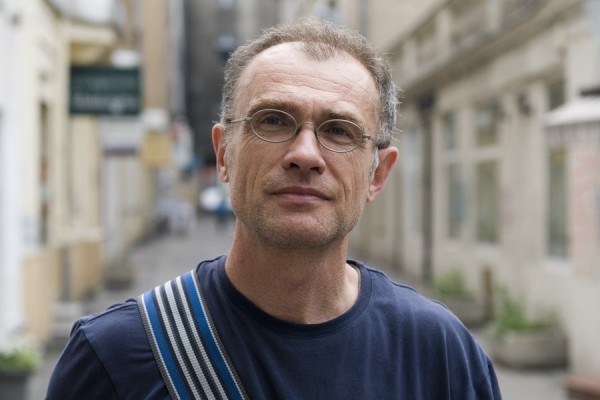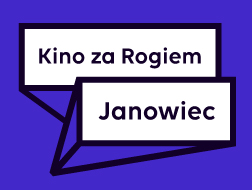The most challenging Polish cinema quiz? Choose your favourite scene from Piotr Dumała’s films and briefly explain your choice. The aficionados of the director’s legacy might have a problem with providing one answer only. Dumała, who has since long been considered the most remarkable author of Polish animations, makes his short films with incomparable precision and care. Adaptations of Dostoyevski, Kafka’s biography and variation on the “Little Red Riding Hood” owe him the immediately distinguishable mark. Dumała’s touch is visible in each and every scene – also because he developed a brand new animation technique using plasterboards, perfectly matching the director’s psychological narrations.
Yet, before he introduced new overtones to the Polish animation, he had learnt from the masters. For two years, he studied at the Faculty of Graphic Arts in the animation studio supervised by Daniel Szczechura, a virtuoso of the genre who, in 1970, directed “The Voyage”, a quintessence of monotony and melancholy. Now, although Dumała’s creations were going to follow a different way altogether, often bordering towards expressionism and surrealism, both directors seem to share a common idea. They consider animated cinema a form that you should approach dead serious – even if creating a comedy. They believe animation should be given no preferential treatment, as it has the ability to convey even the most sophisticated thoughts and emotions.
“Animation is able to illustrate reactions which are impossible in reality such as, for example, a man who is laughing while standing in the midst of a fire. It is far more fascinating, however, to show that the creatures of my imagination react just as humans do: they laugh, think and observe – Dumała said some years ago. The most famous among his early films, “Czarny Kapturek” [Little Black Riding Hood], a five minutes long pastiche dating back to 1983, is also a blend of absurd and, which comes hardly as a surprise, black humour, a combination that allows to translate Charles Perrault’s fairy tale into black-and-white “adult” scenes. Starting with “A Gentle Spirit” made two years later, however, Dumała’s main focus shifts towards psychology and the details of his characters, developing a poetics which responds to the faintest shivers of their inner lives. “Franz Kafka” (1991) and “Crime and Punishment” (2000) constitute the acme of this pursuit and a confirmation of the interest that Dumała has in literature, being himself a novelist.
The above mentioned “A Gentle Spirit”, a concise parody of popular science TV shows “Dr Charakter Presents” (part I and II, 2010 and 2012), will be screened at this year’s “Cinema Lesson” (along with the director’s commentary), followed by his latest animation “Hipopotamy” [Hippos] (2014). The public of Two Riversides Film Festival will have the chance to be among the first to watch Dumała’s second feature film. “Ederly” is a story of an art restorer who arrives to the town of Ederly and gets involved in perplexing relations with the residents. The phantasmagoric logic, acerb and startling sense of humour combined with the stunning black and white cinematography by Adam Sikora leave no doubt we are still in the world of Piotr Dumała.
Sebastian Smoliński
CINEMA LESSON | Piotr Dumała

Date
Hour
Place
03/08
11:00
THE SILVER STAR CINEMA
DESCRIPTION







FOLLOW US